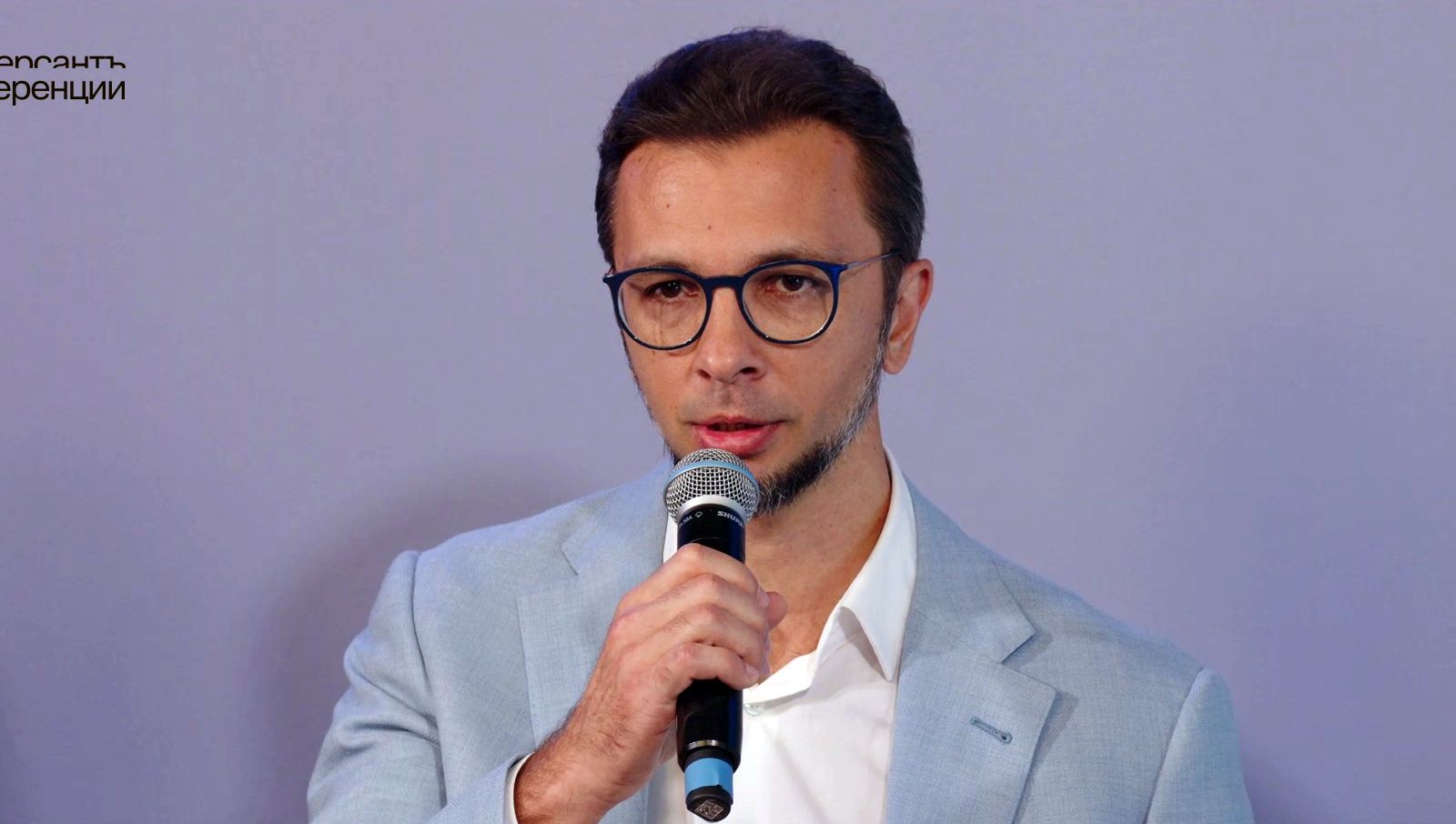Decentralization in action: Mediabaza at MUSE 2025

Grigory Kuzin began his presentation by contrasting the centralized and decentralized content distribution models. Medialogistika, MSK-IX’s terrestrial television delivery platform, uses a centralized model – a single technological platform with centralized billing, decision-making and support. By contrast, Mediabaza is positioned as a decentralized platform designed to directly connect market participants without intermediaries, thereby reducing costs, according to its creators.
The platform operates as a marketplace for businesses, which focuses on three products: television channels, video-on-demand, and tools. This model offers a number of advantages, including an easy and direct access to an extensive catalog of Russian and international content. The decentralized platform helps save time and resources by automating processes such as content search, negotiation and sales formalities. It provides equal opportunities for all market participants regardless of their size and includes AI-enabled content processing tools.
Grigory Kuzin cited up-to-date statistics: as of the time of his presentation, the Mediabaza catalog included about 498 pieces of content, while 301 deals between sellers and buyers were in progress; the platform had 369 corporate accounts and 374 individual registrations.
The speaker specifically focused on the key aspects of decentralization implemented in Mediabaza. Among them is the choice of the source of television delivery (satellite or terrestrial), which allows each operator to decide on how to combine channels for redundancy.
“This format relies on decentralized decision-making, which involves each participant of the platform, and not only its owners or managers,” Grigory Kuzin emphasized.
To demonstrate this approach in action, a preliminary vote was held on authorizing copyright holders to enable or disable operator access to television channels. The majority of those present voted against, but the final decision on this feature will be made on the basis of a vote on the platform itself among its participants.
Another important feature of the decentralized model is enabling copyright holders to upload their new products directly to the storefront, which allows participants to be the first to know about new television channels that are already available for pre-order.
Mediabaza strives to provide a low entry threshold for participants – registration is free, but the platform uses an AI-enabled anti-piracy ‘face control’ mechanism to verify new users.
Decentralization is also manifested in the flexibility of business models: participants can define the terms of their deals, which include the option of the broadcaster paying for content delivery. However, Grigory Kuzin expressed an opinion that operators should choose to pay for their own delivery, because otherwise, the copyright holder will charge a markup, adding the cost of delivery to the cost of rights.
Like any online marketplace, Mediabaza plans to regularly hold promotions and sales.
In conclusion, Grigory Kuzin stressed that decentralization opens up new opportunities for the market, but the final choice between centralized and decentralized services remains with the market participants themselves.





